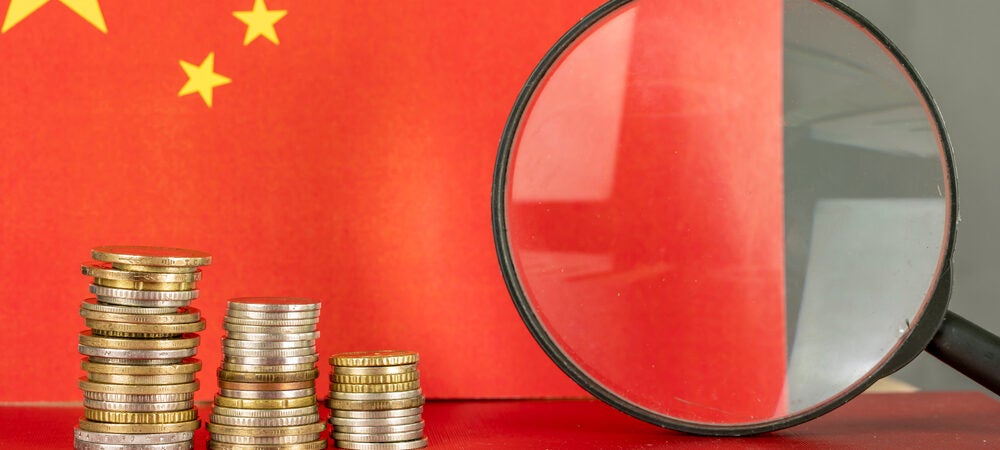Despite the Biden Administration’s adoption of the EU’s ‘de-risking’ term, and admitting the infeasibility of truly decoupling, they are still trying to divide major parts of the world economy, including China from the EU. Along with export controls and investment reviews, their big initiative is the subsidies war in manufacturing that they have launched through the IRA and CHIPS Acts.
The evidence supports the idea that government spending on R&D, worker training, infrastructure, and expedited regulation of innovations is positive. Once politicians start handing out money to individual companies for specifically located production, though, and they start favouring those companies over potential rivals – they have a public investment to protect, after all – it becomes a bad dynamic.
The core problem is that there is nothing for a company like having the state as your de facto guarantor. A host of bad things happen to society as a result. On the international front it leads to retaliation, shutting out of poor countries, reduced adoption of new technologies, and corruption. But the domestic effect on any country that goes down this path is worse.
The society ends up with entrenched incumbent companies becoming a political sacred cow, as we have seen with state owned enterprises and banks in China. You cannot reduce the employment, or shift the location, or let competition come in from either the outside or the inside. You have accumulating unfairness from incumbent companies’ political weight being thrown around. You crush new entrants and dynamism.
So, trying to replicate entire supply chains is enormously inefficient. You must pay some insurance premium to create more resilient supply chains, but this takes it much too far. Trying to achieve self-sufficiency in any major industry that is not a simple extractive one, like a mine, is self-defeating.
The reason is the value of diversification. Yes, attenuated supply chains, dependent upon potentially hostile hosts, are a vulnerability. But so is having all or most of one’s production at home, subject to natural disasters, climate shifts, unstable politics, domestic terrorism, and undependable or deficient production due to the corruption of too big to fail local producers. Russia and North Korea have worked very hard to be self-sufficient, with limited supply chains, and it has not worked out well for them.
The real damage from decoupling and conflict between increasingly entrenched US, China and EU economic blocks is not so much trade barriers, bad as they are, but reduced productivity growth. We would see a bottling up of savings in economic blocs that do not move around and so get lower more volatile returns. There will be less diversification both financially and in inputs, including of ideas and business practices, along with less competition, which directly diminish productivity. We would also see further restrictions of migration, foreign direct investment, flows of information and technology, once the economic nationalism is state policy.
So, if we continue down this path, we are looking at a meaningfully bleaker outlook for average growth in the world with even more of what growth there is being bottled up in the high-income economies including China. It is going to be harder and harder for the developing world to break through, except by pledging political fealty to China, EU, or US, which they cannot depend on lasting. There will be the occasional country that has a temporarily critical mineral supply or whatever, which will try to play off the three blocks in a bidding war, but that never lasts as an advantage and everyone else will be out of luck.
The lasting large magnitude decline in average global productivity growth which results will increase global inequality, hamper our response to climate change, and reduce the capacity of even high-income economies, including the U.S., to meet its obligations to their citizens. This will shrink fiscal space when public spending needs to increase over the next 10 years for defence, climate adaptation, and for dealing with ageing populations.
If we are in a subsidies war between EU, US, and China, and foolishly UK and India and some others try to play as well, then the fiscal crunch becomes even worse. It is far more constructive for our societies to spend public monies on these priorities rather than chasing manufacturing white elephants. The supposed national security gains against China from this aggressive de-risking are not worth the clear costs.
Adam S. Posen has been president of the Peterson Institute for International Economics since January 2013. Posen has been widely cited and published commentary in leading news and policy publications, including the Financial Times, Foreign Affairs, New York Times, Wall Street Journal, Washington Post, Nihon Keizai Shimbun, Asahi Shimbun, Handelsblatt, Die Welt, Harvard Business Review, and The International Economy. He appears frequently on Bloomberg television and radio, among other media programming.
To read the full commentary, please click here.

